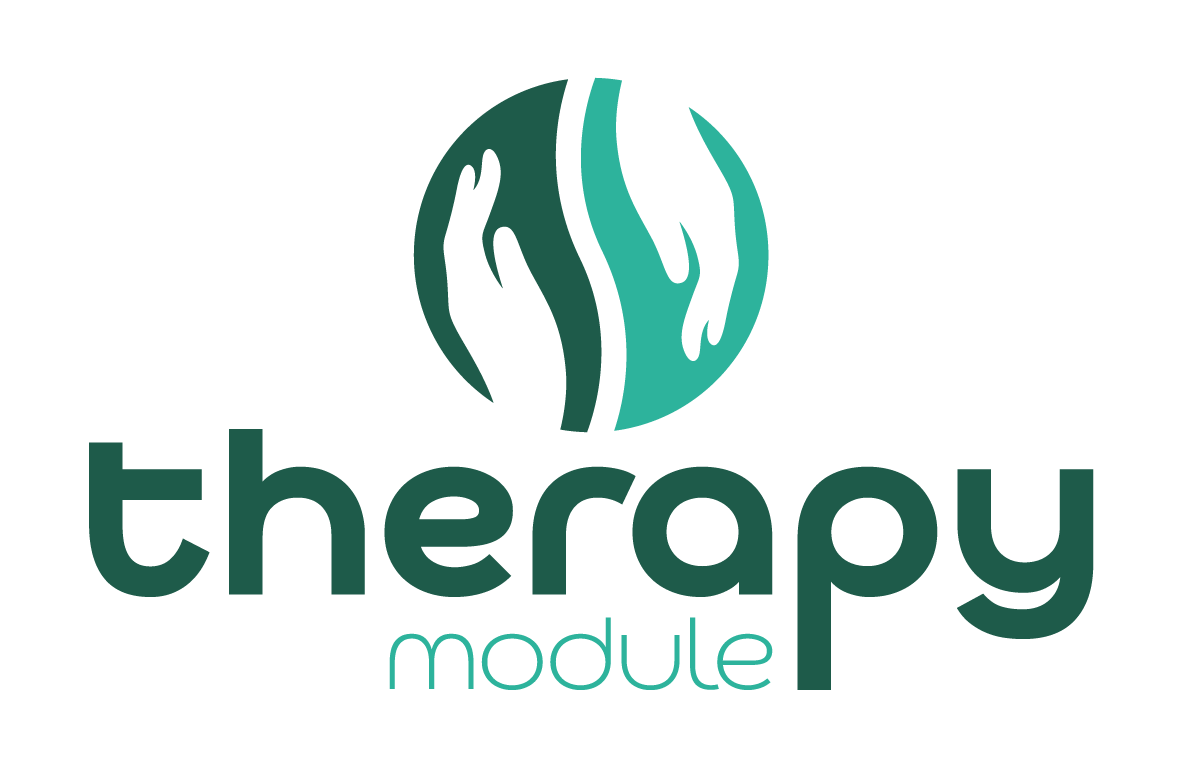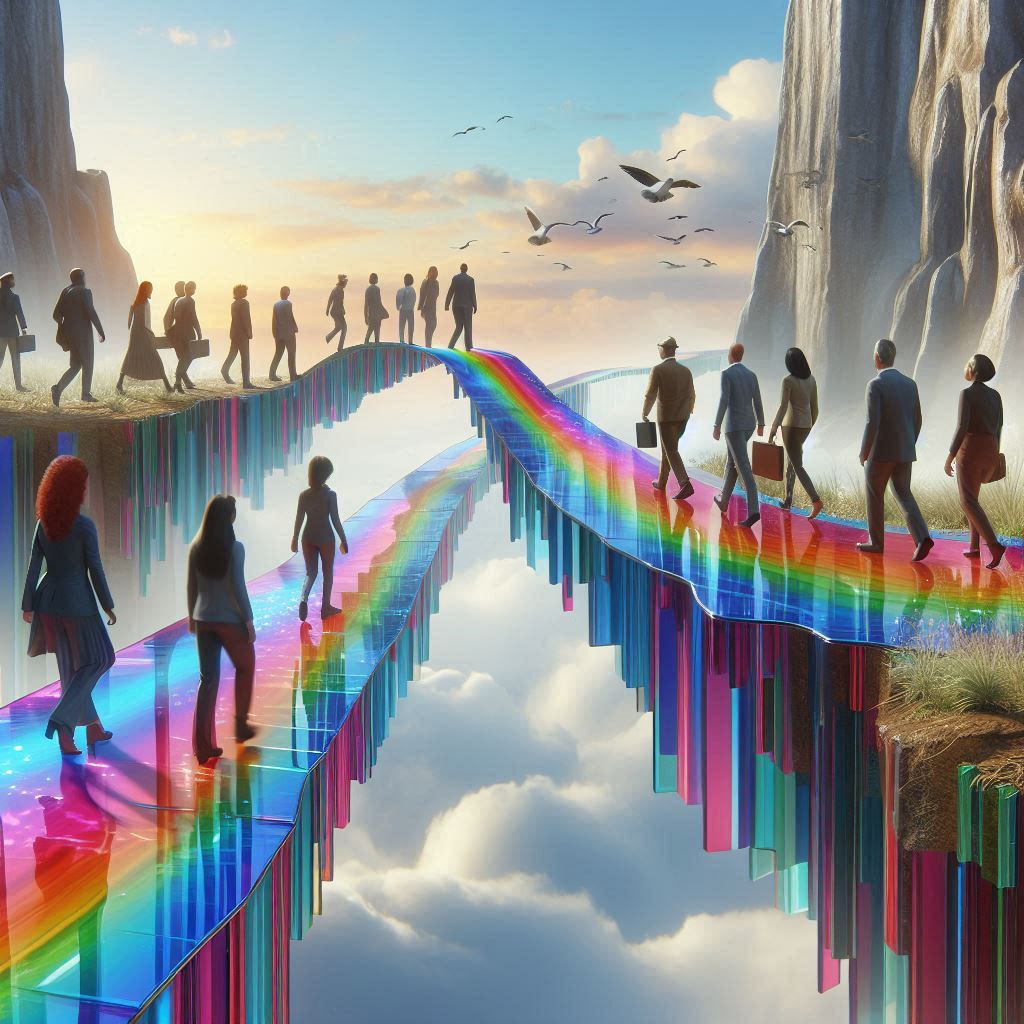Perceptual Gap
Brain; defined as the organ or mind consisting of nerve masses shaped like two
hemispheres covered with brain membranes inside the skull, where sensory and
consciousness centers are located. It also refers to the astral part; reasoning, judgment,
intellect, and understanding. Our brains/minds explore the potential to achieve our goals and
avoid dangers. It can be considered the power of realization in life.
The brain is composed of neurons responsible for transmitting nerve signals. A nerve cell or
neuron is the fundamental functional unit of the nervous system. Its main function is to carry
out information transfer. It is estimated that there are approximately 100 billion neurons in
the human nervous system. A typical nerve cell is connected to 50,000-250,000 other
neurons.
The brain is in constant motion, demonstrating that nothing in life is permanent. Yet, as they
say, the more things change, the more they stay the same. Despite blind spots in our vision,
we never actually see black spots. The reason we don’t see black spots is that our brains
are excellent at predicting what should be there and automatically filling in the gaps.
Sometimes we know what we want to see. Our neocortex takes that expectation and
transforms it into a kind of virtual reality. This implies that part of the world we perceive is an
optical illusion. The idea of how vulnerable this makes us is, indeed, quite frightening.
Imagination; described as something conceived, visualized, and desired to come true in the
mind—an image, a dream, something vaguely perceived, a shadow. In contrast, thought is
defined as the ultimate reality that exists beyond space and time, outside the subject,
perceptible only by the soul—not through the senses—reflecting the external world in the
human mind. It encompasses intention, design, idea, concept, and concern.
Each human being born with billions of neurons can be considered equal to others in terms
of starting life. Sometimes the millions of neurons firing in our brains help us create detailed
scenarios. We imagine finding the person of our dreams or landing our dream job.
Sometimes we become astronauts, other times rock stars. But dreams can also take a dark
turn. We start believing there’s a monster under the bed or that malevolent forces are
conspiring against us. Good or bad, these dreams are part of our human responsibility.
If we allow our dreams to overshadow our thoughts, we may fail to see the truth right in front
of us. Often, we imprison ourselves in fear, but the reality isn’t always as bleak as we
imagine.
Mind; the totality of mental processes and activities beyond emotions and behaviours. It
encompasses memory, perception, understanding, consciousness, and intellect. The mind is
one of the perfect software programs that connect us to the whole.
Can people truly change? Is our personality genetically preprogrammed, or can it evolve?
The science of neuroplasticity tells us that our brains have the capacity to change and
develop throughout our lives. Our experiences rewrite our identity. Things we once thought
impossible or unimaginable can become part of our reality. They can inspire new ideas and
thoughts, as well as valuable lessons. These lessons make us less prone to repeating past
mistakes.
So, how do we discover our blind spots? How can we truly see the reality before our eyes? A
good starting point is to open our minds. As French philosopher Henri Bergson said, “The
eye sees only what the mind is prepared to comprehend.”
Perception, which can be explained as becoming aware of something by directing attention
to it, consists of data stored in the mind. The mind, in turn, serves these records to the brain
to define events, phenomena, and individuals and to communicate. From another
perspective, the mind can be considered the supplier for the brain. When the brain is hasty
and fast, it creates well-intentioned perceptions to fill gaps between data and rescue humans
from blind spots, especially during moments of boredom or when the mind slows down.
The term “gap” is described as a hollow, cavity, unclosed place, emptiness, interruption,
disconnection, time passing without activity, deficiency, and feeling of lack. It is known that
humans have many gaps and fill them with assumptions.
The crucial distinction we need to emphasize here, which will affect us throughout our lives,
is how we shape information based on our own perception. The more accurately we
understand this information with our subjectivity, the better choices we make in life and
experience happiness. The data we receive through our senses is physical and lifeless. Data
takes shape not only from its own reality but also according to our perception. In other
words, we assign meaning to data. This meaning, in proportion to our ability to decipher the
hidden messages within the data, allows us to interpret reality and truth according to our own
understanding. Interpreting data received becomes a journey to uncover the mysteries and
enchantments of the universe.
However, gaps between perceptions and deviations from reality during data transfer are
filled by the brain in its own professional way. The perceptual gap is nothing more than the
deception caused by perceptions we strongly believe in, even those we consider real. It is an
illusion, given our awareness that our eyes or senses function properly. It is a departure from
reality. To say that in the vastness of the physical universe, where one in a million can notice
something, even that ratio cannot capture blind spots, is not a prophecy.
When our brains encounter something to believe in, they reward us. Belief feels good and
comforting. But how can we trust our belief systems when our brains operate purely on
emotional reactions? By balancing it with critical thinking. By questioning everything and
always, always remaining open to other possibilities… Flexibility is a magic spell that can
solve all problems.
Interpreting with conscious awareness will prevent us from falling into the error of
gaps. Conscious awareness means living alongside the miracles in the ordinary flow of life.
NLP Coach

